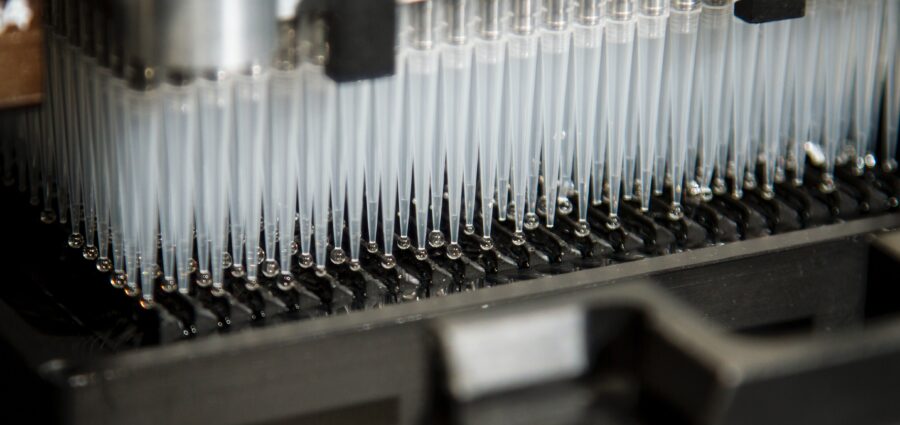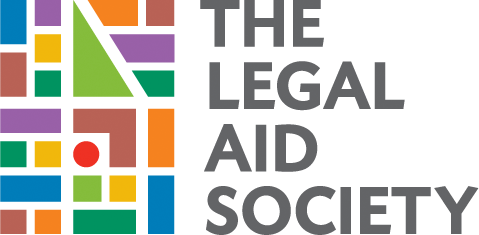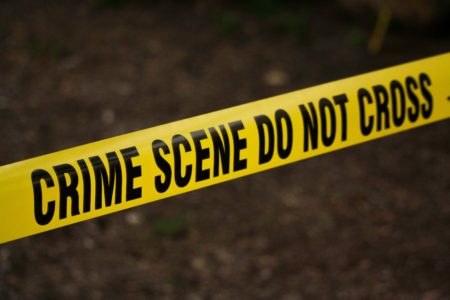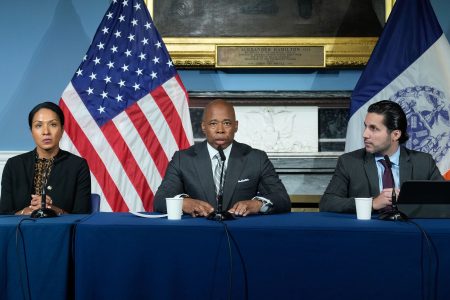The Legal Aid Society obtained information from the New York City Office of Chief Medical Examiner (OCME) via a recent letter, disclosing that in March the OCME provided the New York City Police Department (NYPD) with names of roughly 20,000 New Yorkers eligible for removal from the City’s rogue DNA index. But despite this list, since March the City’s index has grown by approximately 2,000 individuals.
According to documents Legal Aid secured in May, the OCME’s rogue DNA index currently houses roughly 33,825 profiles. This represents an increase of roughly 2,000 profiles from what the NYPD disclosed to City Council at a hearing in February. The New Yorkers in this databank all had their DNA taken by the City without first being convicted of a crime, in violation of State law. These people include individuals suspected of committing a crime, along with people who were merely taken in for questioning or were witnesses. At least five percent of New Yorkers in the DNA index are children, some as young as 12. At least half of the individuals in the DNA index had their DNA taken surreptitiously, such as through a water bottle or cigarette provided by police.
Responding to Legal Aid’s call for the City to issue progress reports detailing efforts to reduce the size of its DNA database, Barbara A. Sampson, M.D. Ph.D, Chief Medical Examiner, wrote that “OCME provided NYPD with a list of the approximately 20,000 names in our LDIS Subject Index on March 09, 2020, just prior to the current health pandemic. Over the summer, the NYPD has worked diligently to review this list and has identified profiles for removal.”
Sampson’s letter omits substantial details about the OCME and NYPD’s plans. Sampson does not provide any information about why OCME selected only 20,000 out of the 33,825 profiles. Nor does she say how many of those profiles — if any — the NYPD agreed to remove. Sampson provides no timeline for any removal, process for individuals to appeal determinations, or criteria that either the laboratory or the NYPD are considering. Nor does Sampson explain why, despite identifying 20,000 names to be removed, the NYPD instead grew it by thousands in the past months.
Terri Rosenblatt, Supervising Attorney of The Legal Aid Society’s DNA Unit said, “TheOCME’s letter shows why lawmakers must act now to ensure that every New Yorker who is wrongfully in the City’s rogue DNA index is removed immediately. Despite providing 20,000 names eligible for removal six months ago, the number of people whose DNA is warehoused by the City has only increased. All of these people are at risk for wrongful DNA matches, invasive testing, and sharing of their genetic information with other law enforcement agencies, including potentially ICE. This shows that mere promises by law enforcement are not nearly enough to end genetic stop-and-frisk. City Council can stop the NYPD and OCME from keeping a rogue, unregulated, and racially biased DNA databank now with the stroke of a pen.”
Background
Last summer, reporting in the New York Times revealed that OCME’s unregulated DNA database had swelled DNA index to 82,473 samples, almost a 19,000 increase since July of 2017. Of that, 31,400 came from people who were arrested, or merely questioned (the remainder of the profiles are mostly from crime scene evidence and missing persons). A year after that reporting, the DNA index grew to more than 87,000, with 33,825 of those samples from individuals who were merely arrested or questioned. According to the NYPD, at least half of those individuals do not know their DNA is in the index because it was taken surreptitiously after being left on water bottles or cigarettes provided during police encounters. This database includes samples provided by the New York City Police Department (NYPD) and extracted from crime scenes and voluntary swabs.
It also includes samples from people who have not been charged with or convicted of crimes. Many of these samples were surreptitiously obtained in precinct interrogation rooms from cells left on a water bottles or cigarettes, and DNA samples obtained during the 2015 Howard Beach DNA dragnet. State law prohibits DNA indexing of children and people who have not been convicted of a crime. OCME’s local DNA index is not authorized by any laws or regulations. Instead, the City operates it because it claims that the State DNA laws are vague enough to permit it. A bill pending in Albany (S6009/A7878) (Hoylman/Wright) would clarify the law to make clear that local governments cannot run their own shadow DNA indexes that contain innocent people and children.
.
About The Legal Aid Society
The Legal Aid Society exists for one simple yet powerful reason: to ensure that New Yorkers are not denied their right to equal justice because of poverty. For over 140 years, we have protected, defended, and advocated for those who have struggled in silence for far too long. Every day, in every borough, The Legal Aid Society changes the lives of our clients and helps improve our communities.
For more inforation, please visit here.









